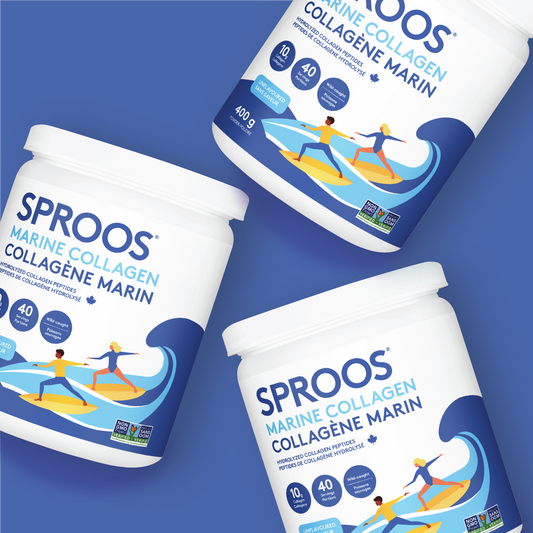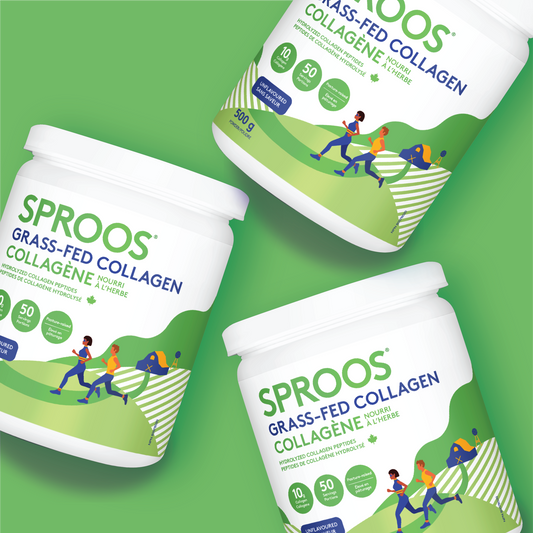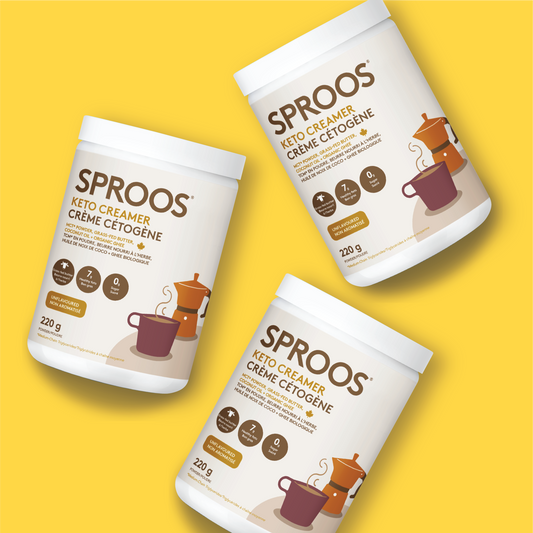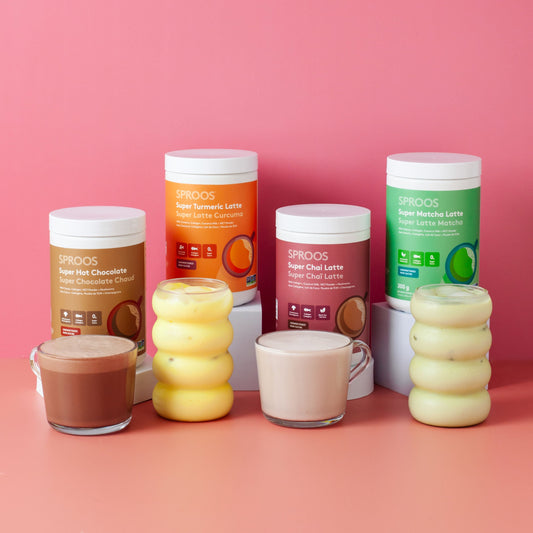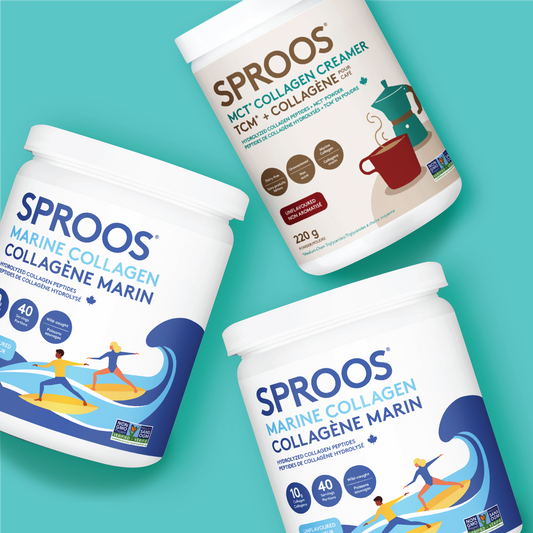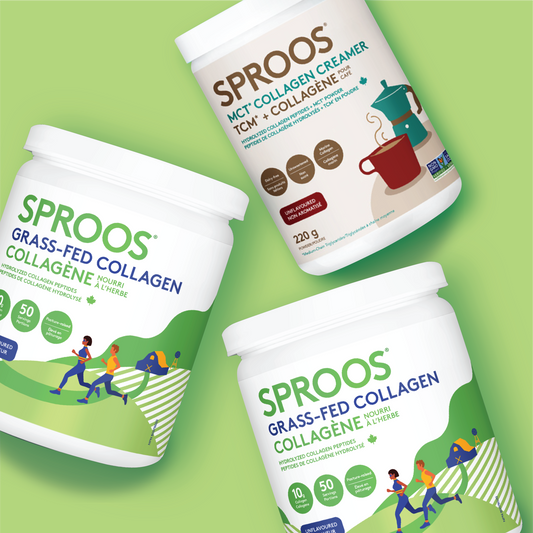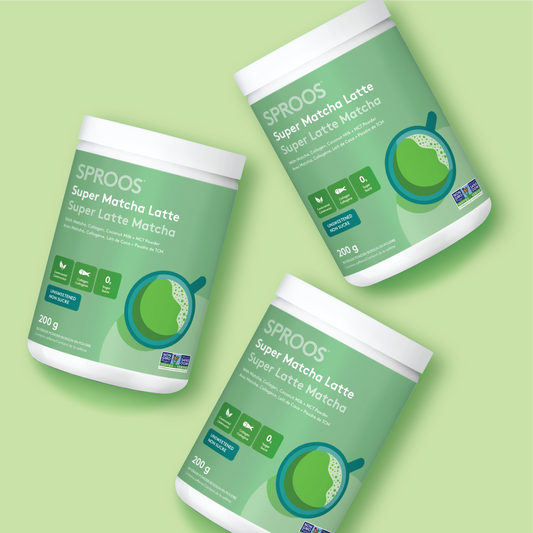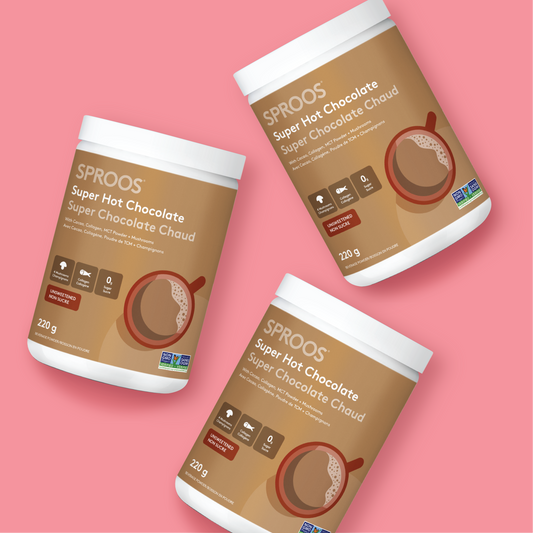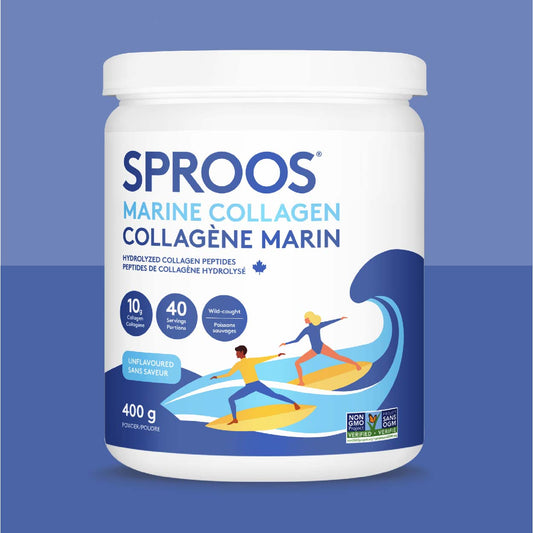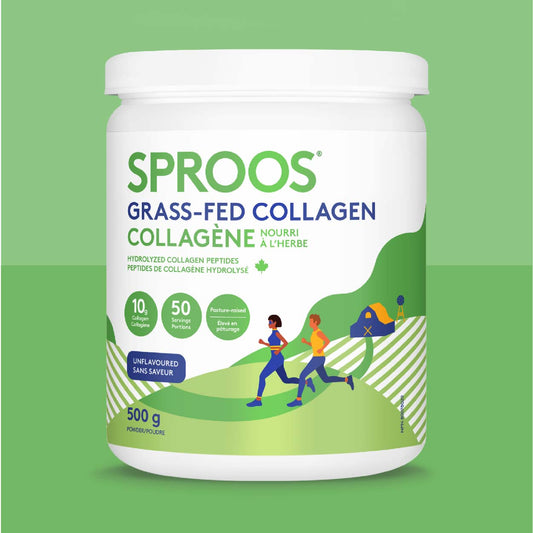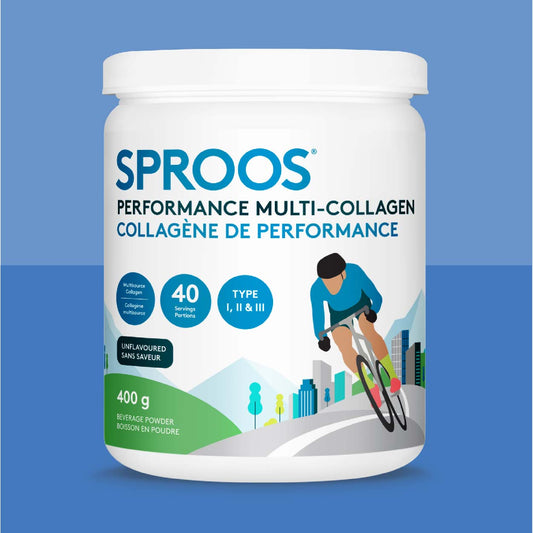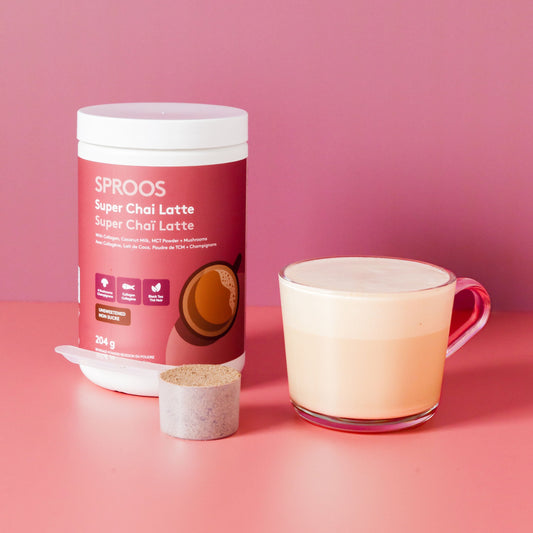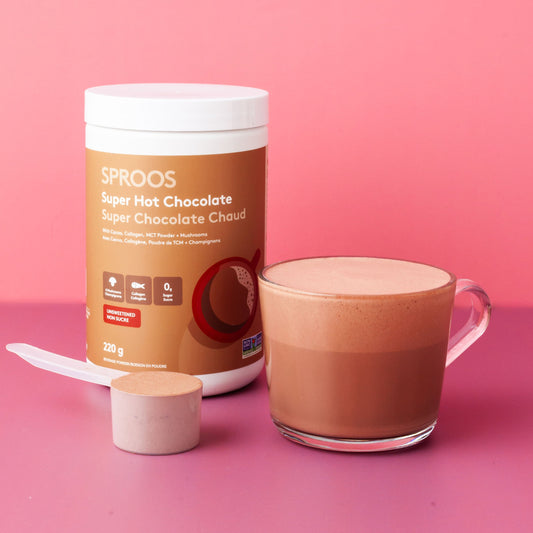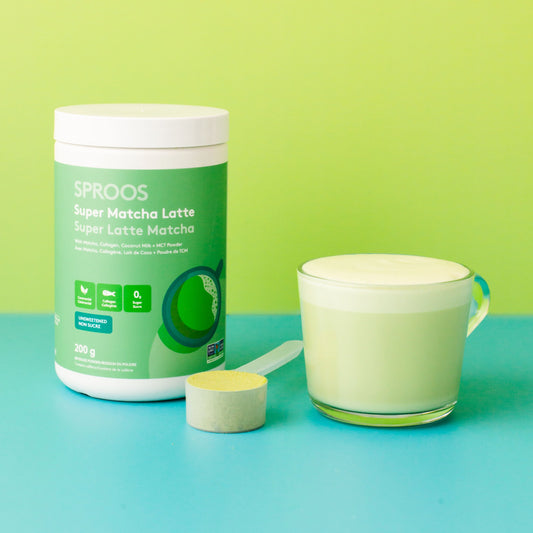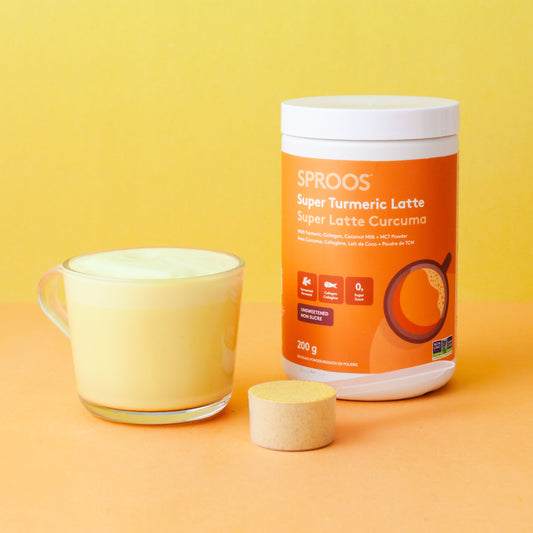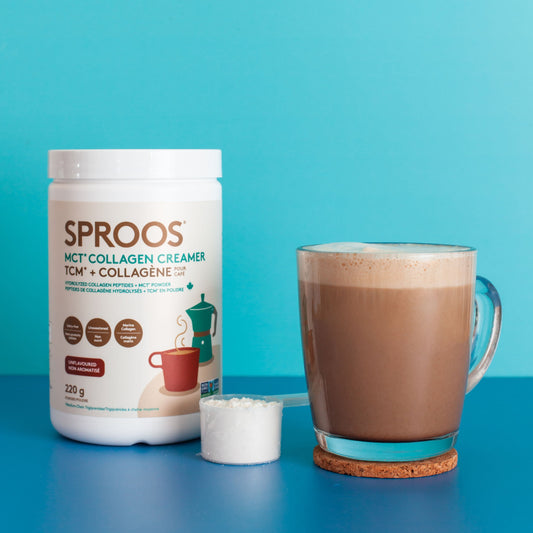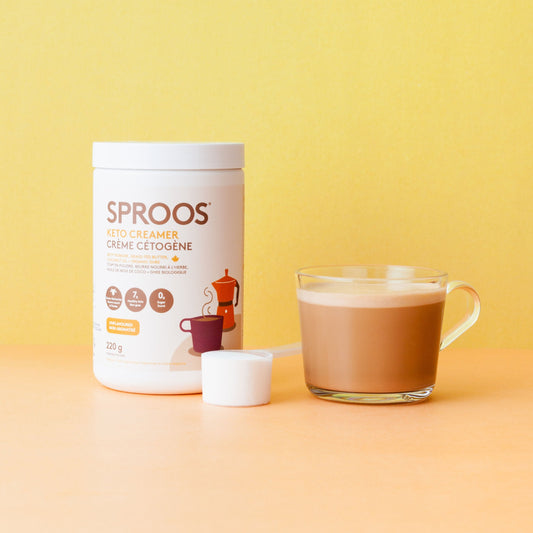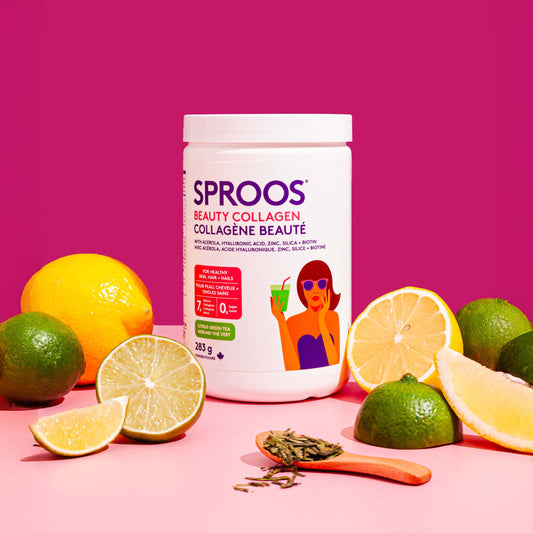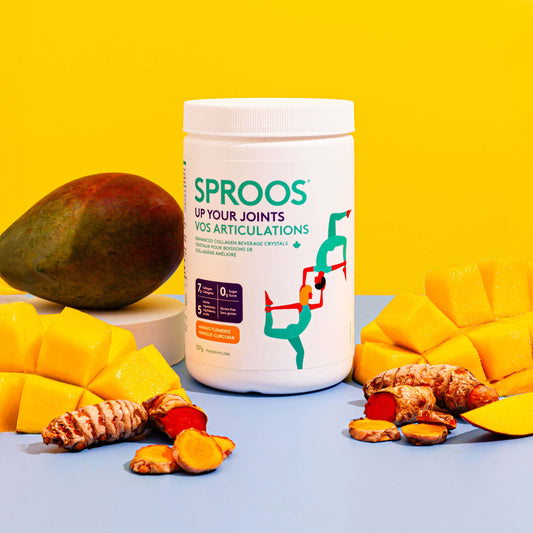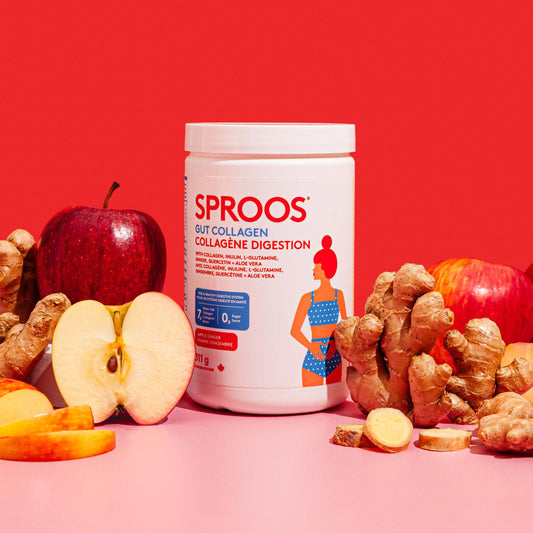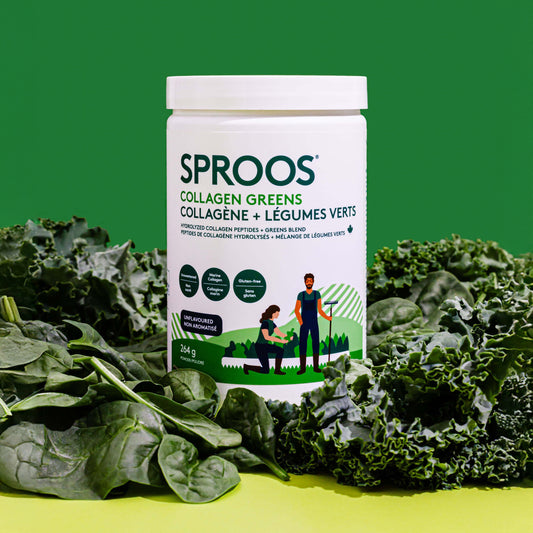- Polyunsaturated
- Monounsaturated
- Trans Fats
- Saturated Fats
Unsaturated Fats
Polyunsaturated and monounsaturated are both unsaturated fats. Unsaturated fats are liquid at room temperature. They are considered healthy and beneficial fats as they can improve blood cholesterol levels and ease inflammation. You can find unsaturated fats in foods like nuts, seeds, fatty fish, and avocado. Omega-3 fatty acids are an important member of the polyunsaturated fats family. As an essential fat, your body can't produce it on its own. Benefits of omega-3 fats include:- Lower risk of cardiovascular disease
- Keep the lining of the arteries smooth
- Reduce high triglyceride levels
- Promote healthier brain cells
Trans Fats
Trans fats are typically recommended to avoid or limit in your diet. There has been research that links a high trans fats diet with increased risk of heart disease. Trans fats are typically considered "artificial fats" as they are often a byproduct of a process called hydrogenation. Currently, there aren't any known health benefits of trans fats. Trans fats are also known to raise "bad" cholesterol and suppress "good" cholesterol levels. You can find trans fats in foods, like:- Fried foods
- Cookies and cakes
- Processed foods
- Stick margarine
Saturated Fats
Saturated fat is mainly found in animal sources like red meat, poultry, and full-fat dairy. There is controversy between whether these fats are considered healthy or unhealthy. Research suggests that saturated fats aren't as unhealthy as initially thought. Since many saturated fats come from animal sources, it's important to choose high-quality, sustainably sourced saturated fats when possible. Foods that include saturated fats include:- Butter and ghee
- Pork, beef, and lamb
- Coconut oil
- Cheese
Why Do You Need Fat in Your Body?
Fat is a source of essential fatty acids. Essential means that your body can't produce them, so they must be obtained through your diet. Fat helps your body to absorb crucial nutrients like vitamin A, vitamin D, and Vitamin E. Dietary fats have several roles to perform in the body:- Provide a source of energy
- Proper functioning of the brain and nerves
- Maintain healthy cells, tissues, and skin
- Transport fat-soluble vitamins
- Keep you feeling fuller for longer


